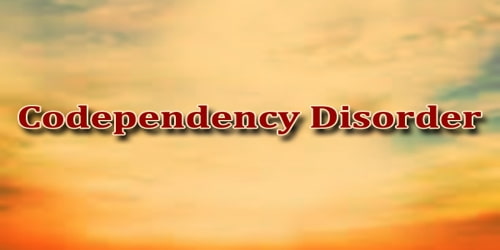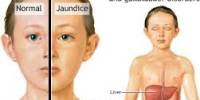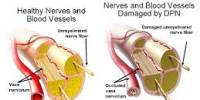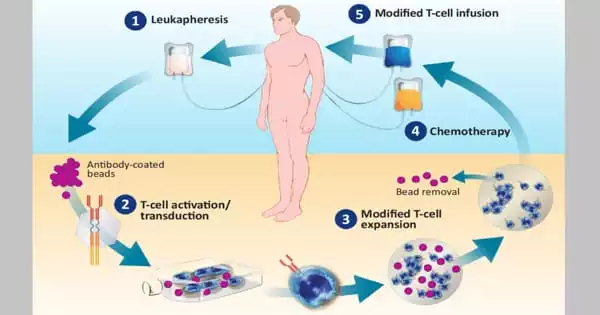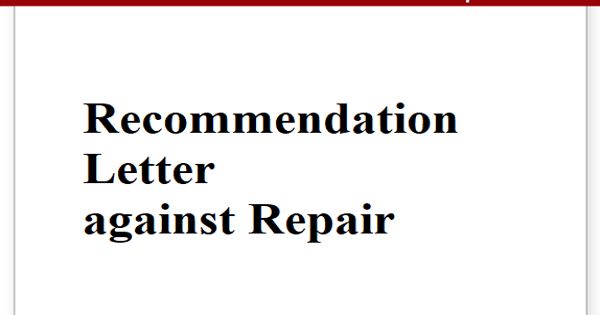Codependency Disorder
The term ‘Codependency’ is often used casually to describe relationships where a person is needy or dependent upon, another person. It is a controversial concept for a dysfunctional helping relationship where one person supports or enables another person’s addiction, poor mental health, immaturity, irresponsibility, or under-achievement.
Melody Beattie, who was one of America’s most beloved self-help authors definition is: a codependent person is one who has let another person’s behavior affect him or her, and who is obsessed with controlling that person’s behavior.
Modern understandings of codependence now refer to “a specific relationship addiction characterized by preoccupation and extreme dependence emotional, social and sometimes physical on another person”. The main consequence of codependency is that “codependents, busy taking care of others, forget to take care of themselves, resulting in a disturbance of identity development” (Knudson & Terrell, 2012).
Fast facts on codependency:
- Codependent relationships can be between friends, romantic partners, or family members.
- Often, the relationship includes emotional or physical abuse.
- Friends and family members of a codependent person may recognize that something is wrong.
- Like any mental or emotional health issue, treatment requires time and effort, as well as the help of a clinician.

Sign, Symptoms, and Behaviors –
Some of the things that have been found to correlate with codependency include (Marks et al., 2012):
- Low self-esteem
- Low levels of narcissism
- Familial dysfunction
- Depression
- Anxiety
- Stress
- Low emotional expressivity
Other signs of codependency include (Lancer, 2016; Mental Health America):
- Having a hard time saying no
- Having poor boundaries
- Emotional reactivity
- Always feeling compelled to take care of people
- A need for control, especially over others
- Trouble communicating honestly
- Fixating on mistakes
- A need to be liked by everyone
- A need to always be in a relationship
- Denying one’s own needs, thoughts, and feelings
- Intimacy issues
- Confusing love and pity
- Fear of abandonment
Codependency does not refer to all caring behavior or feelings, but only those that are excessive to an unhealthy degree. Commonly cited symptoms of codependency are:
- Find no satisfaction or happiness in life outside of doing things for the other person.
- Stay in the relationship even if they are aware that their partner does hurtful things.
- Do anything to please and satisfy their enabler no matter what the expense to themselves.
- Feel constant anxiety about their relationship due to their desire to always be making the other person happy.
- Use all their time and energy to give their partner everything they ask for.
- Feel guilty about thinking of themselves in the relationship and will not express any personal needs or desires.
- Ignore their own morals or conscience to do what the other person wants.
Some scholars and treatment providers feel that codependency is an over responsibility and that over responsibility needs to be understood as a positive impulse gone awry. Responsibility for relationships with others needs to coexist with the responsibility to self.
Develop and Recovery:
Codependency is a learned behavior that usually stems from past behavioral patterns and emotional difficulties. It was once thought to be a result of living with an alcoholic parent.
Not all mental health professionals agree about standard methods of treatment. Caring for an individual with a physical addiction is not necessarily treating a pathology. The caregiver may only require assertiveness skills and the ability to place responsibility for the addiction on the other. There are various recovery paths for individuals who struggle with codependency.
Recovery, with regard to codependency, loosely describes the methods used in order to process and let go of pain from the past and present so that they can fully live their lives today. This can include attending twelve-step meetings, seeking private or other therapy, reading self-help books, inner reflection, and meditation and seeking out others who can identify with their experiences. The three most common twelve-step programs that are pertinent to those dealing with codependency are: Codependents Anonymous (CoDA), Al-Anon and Al-Anon Adult Children of Alcoholics.
Information Source:
